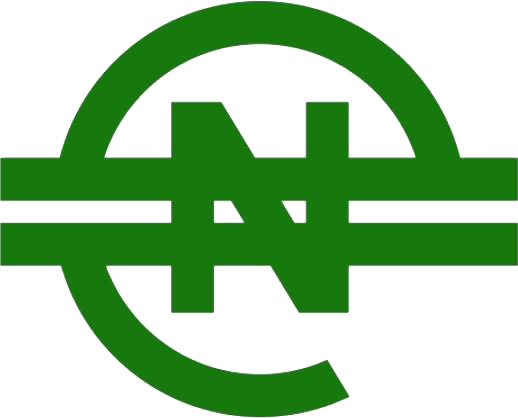
About two years after the official launch of the e-Naira, findings by Shipping Position Daily have revealed that clearing agents have not bought into its usage in transacting business at the ports. This is even as they called for adequate sensitization and enabling environment for its efficiency and effective usage among maritime stakeholders.
The e-Naira is a Central Bank Digital Currency (CBDC) that provides a unique form of money denominated in Naira which serves as both a medium of exchange and a store of value.
According to the CBN, its several benefits cut across different sectors and concerns of the economy including offering better payment prospects in retail transactions when compared to cash payments.
Shipping Position Daily recalls that in October 2021, the e-Naira which was developed by Bitt, a Fintech company, based in the Caribbean was launched by President Muhammadu Buhari at the State House in Abuja. Nigeria is one of only a few countries in the world and certainly the first in Africa to develop an official digital currency.
Buhari had, in his speech said that e-Naira would increase remittances, foster cross-border trade, improve financial inclusion and enable the government to make welfare payments more easily. Alongside innovation, he said the adoption of a digital currency could improve economic activities and increase Nigerian GDP by $29bn over the next 10 years.
Due to the prevailing cash crunch in the country, the Governor, Central Bank of Nigeria (CBN) Godwin Emefiele last week said that the e-Naira currently has 13 million electronic wallets with over four million of them opened over the past couple of days in anticipation of second-quarter payments under the social intervention programme.
However, checks by Shipping Position Daily have revealed that many maritime stakeholders especially clearing agents are yet unaware of the potential and usefulness of the e-Naira. A very good number of clearing agents operating in the ports are yet to use this digital payment platform for their transactions.
Speaking with our correspondent last week, the National Secretary of the Association of Nigerian Licensed Customs Agents (ANLCA), Mr Babatunde Mukaila said the e-Naira is a veritable tool that can be used to solve lots of problems as regards payments and transactions in the port community.
Mukaila however noted that sensitization for the e-Naira among maritime stakeholders is still very low, adding that the e-naira platform is only used among the elite and the banking community.
“Simply put, the sensitization is low. The government and CBN need to do more. I am not even going to rate them 10 or 5 per cent. It is still zero. It is still within the armpit of the so-called elite or the banking community. They need to do a lot of marketing to put it on the table. It is a veritable tool to solve a lot of problems as regards payment, but the sensitization is just zero”, Mukaila concluded.
Also speaking, the Western Zone General Secretary of the National Association of Government Approved Freight (NAGAFF), Mr Stanley Ezenga informed that many freight forwarders don’t have the need to use the e-naira platform, adding that they don’t even know its usefulness.
Ezenga said in most of their operations, the consignee makes most of the payments of duties and charges to regulatory agencies, terminals and shipping companies. He added that they are only left with their consultation or operational charges.
“When the Federal Government introduced the e-naira, I was among the first people that downloaded the App. But unfortunately, I don’t really know the usage and I believe many of my colleagues are also in my shoes. I don’t know the advantages or its disadvantages. I don’t even know whether it is a payment platform or not. I downloaded it but I have not used it.
“This is because for most of our operations, the importer pays his duty, terminal charges and shipping company charges. So we are left with our operational handling charge. We don’t really move money as such. The people that are supposed to do the payments are the consignees. Theirs is to pay their charges and give me my consultation or handling charge which is infinitesimal to the money you have paid for other things. We don’t really have the platform to use that e-Naira. I have not seen anyone who has used it”, Ezenga said.
On his part, the National Secretary of the National Council of Managing Directors of Licensed Customs Agents (NCMDLCA), Mr Festus Ukwu decried that there are no adequate infrastructure and enabling environment for the effective utilization of e-naira.
Ukwu noted that a new monetary policy like the e-naira should be adequately advertised and properly sensitize all stakeholders. He however called on the government to sensitize and encourage stakeholders by providing the necessary enabling environment for its usage.
“Whatever is obtainable in a society, especially with new policies, is based on enlightenment and sensitisation. Majority of freight forwarders are clearly illiterate. They are not all that IT-compliant. So when there is no sensitization or advertisement, it causes a lot of problems.
“Only a few people know about the e-naira, but majority do not have such access; coupled with the fact that the epileptic nature of electricity in the country does not encourage e-naira. Without constant electricity, good network and adequate sensitization, it cannot work for everybody”, Ukwu concluded.
Follow us on Facebook/ twitter















